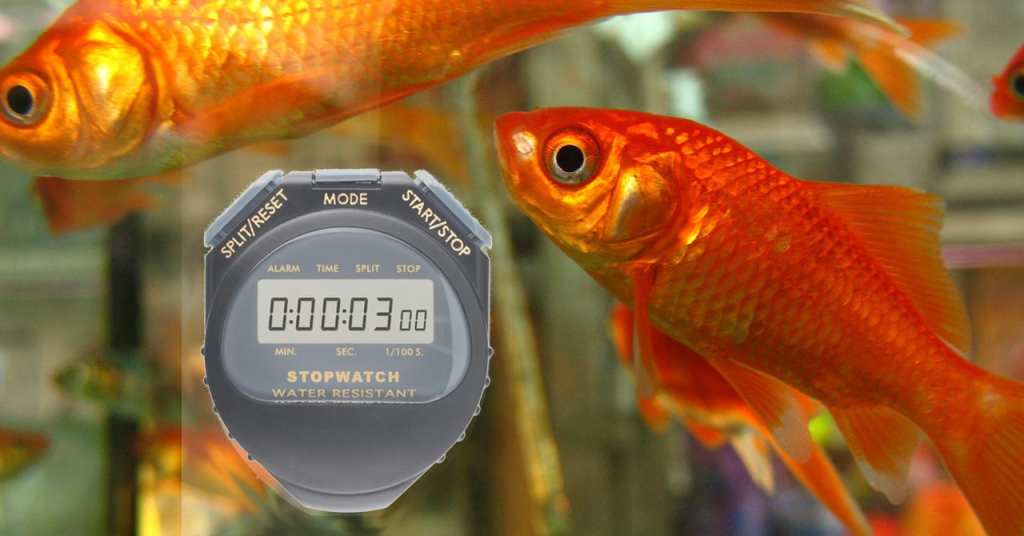Trending Now
Consider the humble goldfish. Many of us had some growing up – maybe more than we knew, given that they all look pretty much the same and are notoriously easy for sneaky parents to replace. As far as aquatic companions go, goldfish are about as straightforward as it gets. And, allegedly, they are also about as dumb as it gets.
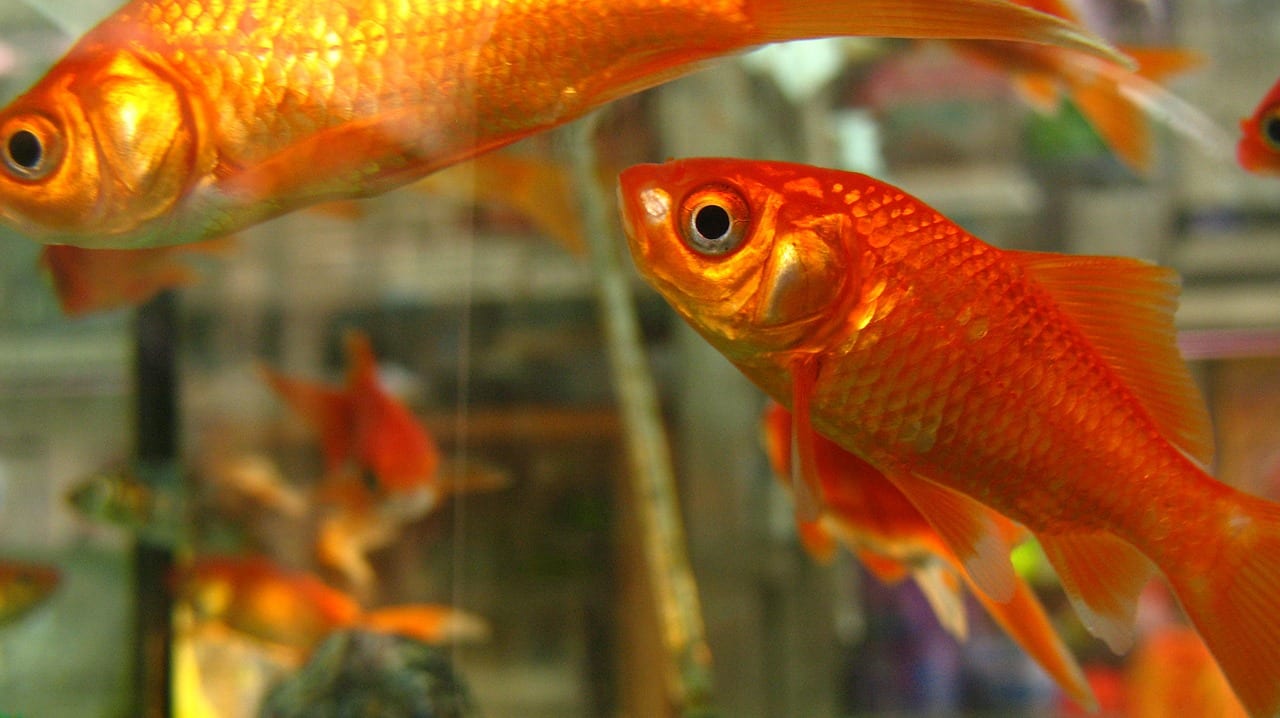
Photo Credit: Pixabay
Most people have heard of the goldfish’s supposed “3-second memory span”. Recalling a goldfish has even become shorthand for telling someone they’re forgetful: “You’ve got the memory of a goldfish, you forgetful dummy!” Or something like that….
Despite their simplicity, could it be possible that goldfish can’t remember an event for longer than three seconds? Evolutionarily speaking, it seems like a pretty enormous disadvantage not to be able to remember where food is found or where danger lurks. When I was a kid, it always seemed like my goldfish swam to the surface right before I fed them…but were they actually anticipating their next meal?
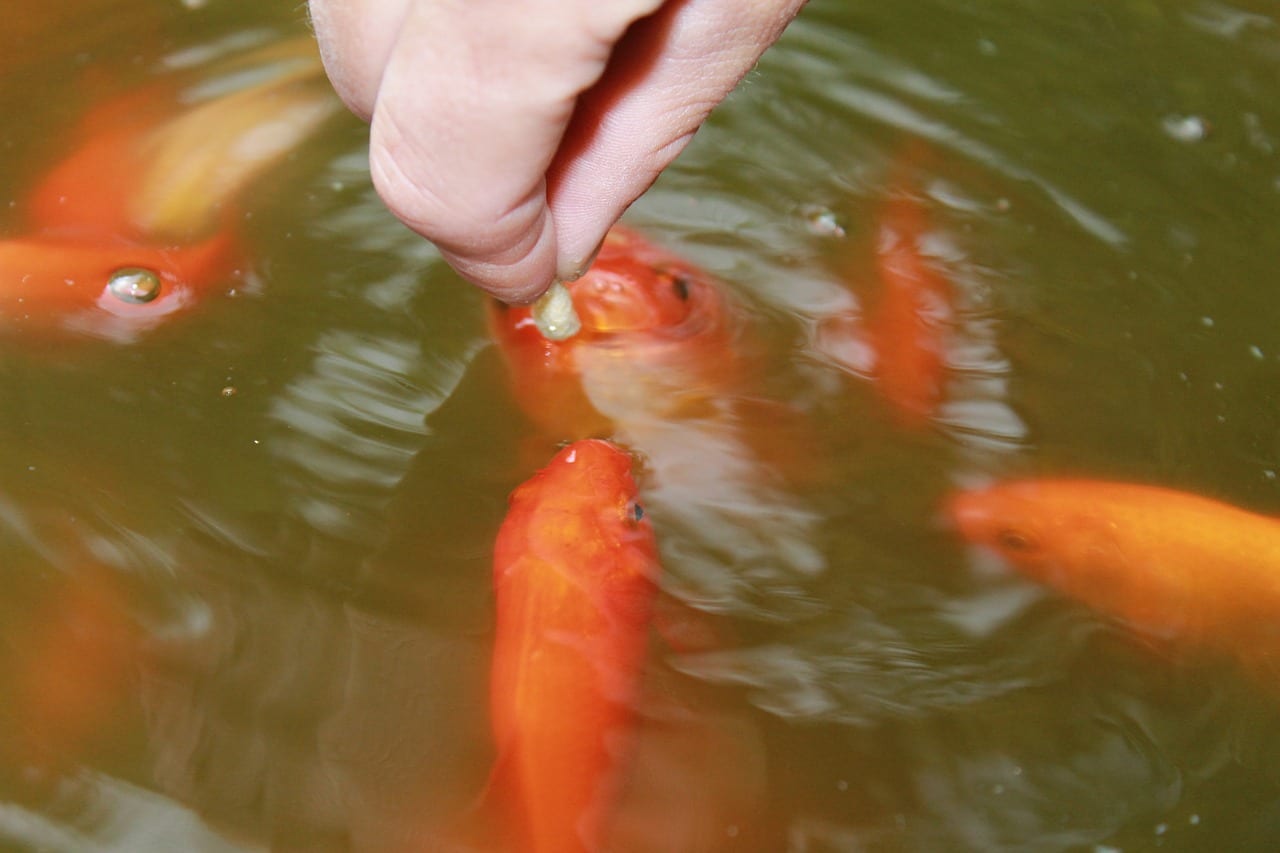
Photo Credit: Pixabay
As it turns out, yes. Yes, they were. Because the whole thing is a myth.
Goldfish actually have relatively good memories, and mine had learned that when I came over and unscrewed the lid off the food jar, they were about to get fed. This is an example of classical conditioning. Just as Pavlov’s dogs knew they were about to be fed every time he rang a bell, the goldfish were used to eating after I made certain motions.
Now, that’s just my own personal experience, but, according to the published literature, scientists agree.
Possibly due to the pervasiveness of this myth, a fair amount of research has studied the cognitive abilities of goldfish, and fish in general. According to Scottish researcher Dr Mike Webster, who has spent time investigating piscine intelligence:
“There is a lot of evidence now that fish are no dumber than birds or many mammals – and in many cases they are just as intelligent. Many fishes – such as minnows, sticklebacks, and guppies – are capable of the same intellectual feats as, for example, rats or mice. They can learn their way around mazes, they can learn to recognize other fish, and they can remember which individuals are better competitors.”
Ok, so they’re smarter than we think – but how well can fish remember?
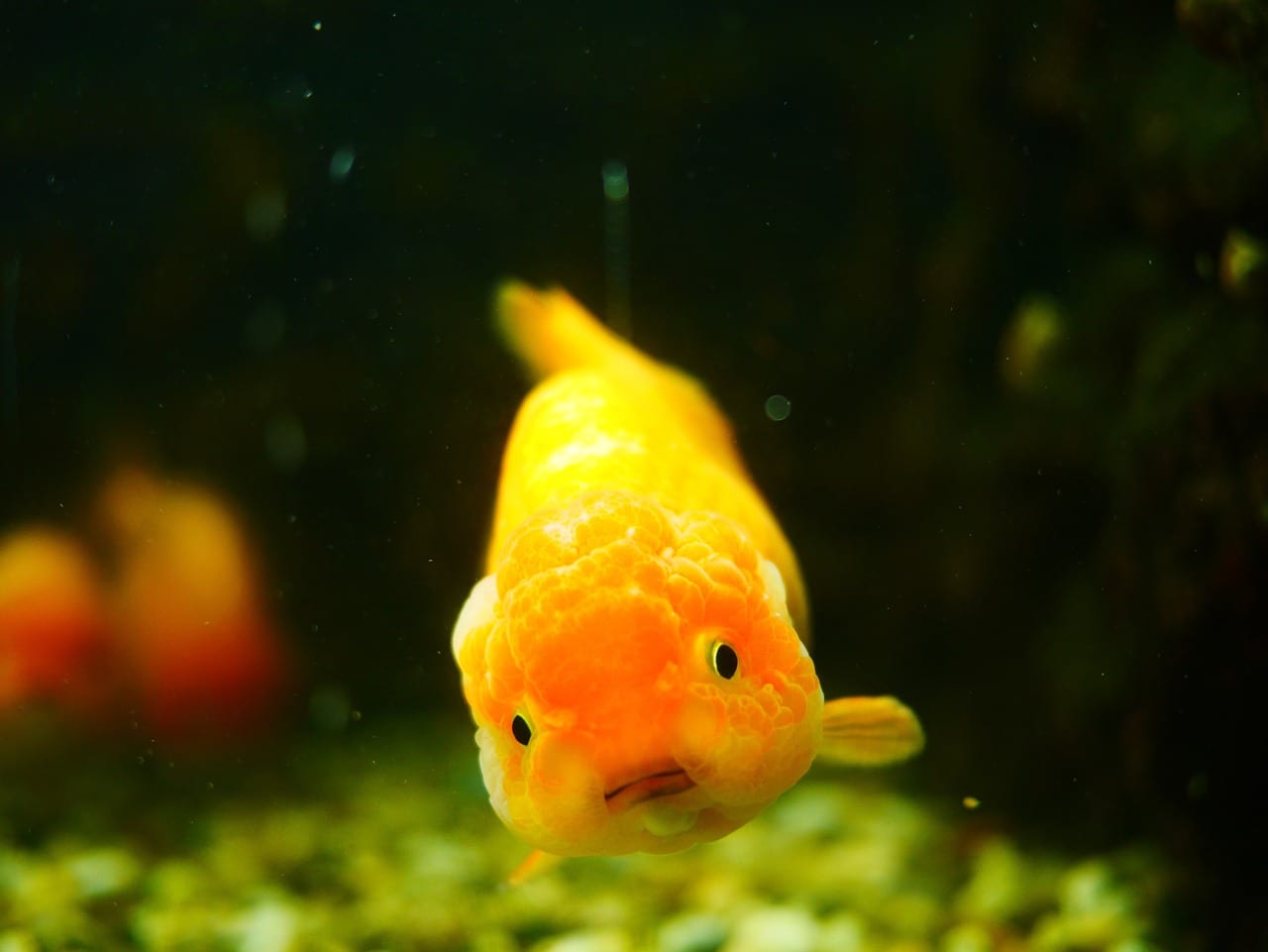
Photo Credit: Pixabay
Well, a 2009 study from the Technion Institute of Technology in Haifa, Israel, conducted an experiment that looked specifically at the matter of fish memory. They raised a group of young fish and played a specific noise every time the fish were fed. The fish grew to associate the noise with food, as one would expect. After a month of training, the fish were released into the ocean for five months (remember, that’s 5X as long as they had been trained with the sound). But when the researchers played the sound into the ocean, the fish, now adults, came and gathered around the underwater speaker, waiting to be fed.
That’s pretty remarkable.

Photo Credit: Technion.ac.il
While no one has conducted quite that exact study on goldfish, it has been shown time and again that they can learn, which means they can remember significantly longer than a three-second timespan. In one Plymouth University study, goldfish were trained to nudge a specific lever in order to receive food. After the lever was later adjusted so that it only worked at a certain hour of the day, the goldfish in turn adjusted their behavior – they paid less attention to the lever in the hours when it stopped working, and swarmed the lever at the approach of the “feeding hour,” when they knew it would start working again. Not only could the goldfish learn, they seemed to have some ability to understand time.
A study out of Queen’s University Belfast in Ireland showed that goldfish will actively avoid an area of their tank if they have previously been given an electro-shock in that area. The more powerful the shock was, the less likely the goldfish was to re-enter that section of the tank for the remainder of the experiment.
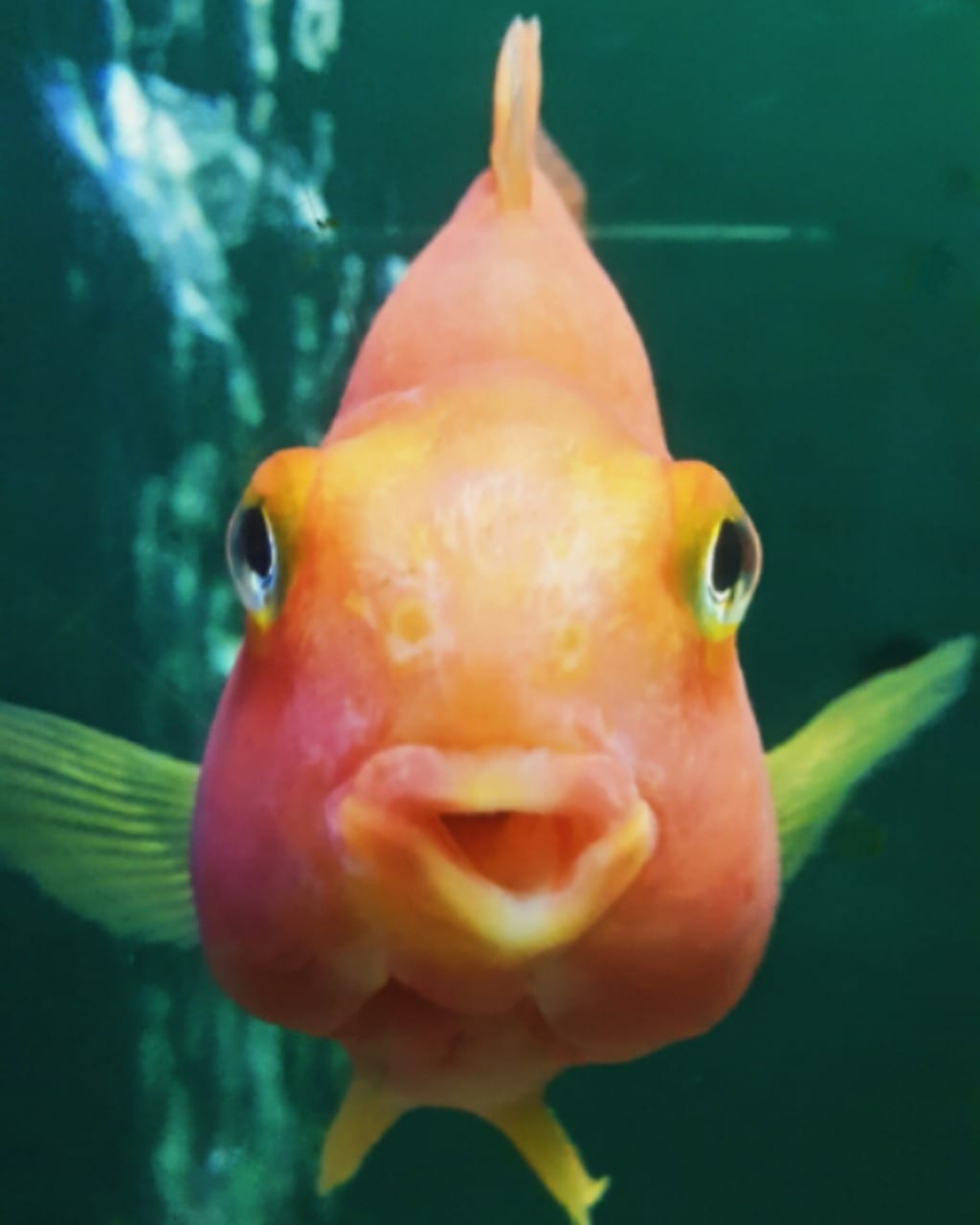
Photo Credit: Pixabay
A somewhat more bizarre line of research out of Japan sought to answer a simple question: whether or not goldfish can tell the difference between two pieces of classical music, one by 18th-century German composer Johann Sebastian Bach and one by 20th-century Russian composer Igor Stravinsky – and it seems that they can actually tell the difference(?!). Basically, scientists trained 4 goldfish to nibble on a colored bead whenever they heard one piece of music, but not the other – which they did successfully over repeated tests. Then, the researchers went one step further: they tested if the fish could tell the difference between the composers’ styles by playing two pieces – one by each composer– that the fish had never heard before. I’m betting no one was surprised when the fish couldn’t do it.
After all, though it’s beyond doubt that goldfish are pretty smart, I’d bet most humans couldn’t reliably tell the difference between a piece of music by Bach and Stravinsky.

Which one’s which? You don’t know…
Photo Credit: E. G. Haussmann, Jacques- Émile Blanche
Or maybe it’s just me…
One final note on goldfish intelligence. There is a goldfish named Comet [editor’s note: Check out the photos in that link. They’re delightful.] who has been monikered the ‘smartest fish in the world’. His owner has trained him to perform a multitude of tricks on demand, including: playing soccer and basketball, limboing, swimming obstacle courses, and playing fetch. Dr. Dean Pomerleau, the talented fish’s owner/trainer, says there’s actually nothing special about Comet – anyone could train their own pet goldfish to do the same with the common animal training technique positive reinforcement.
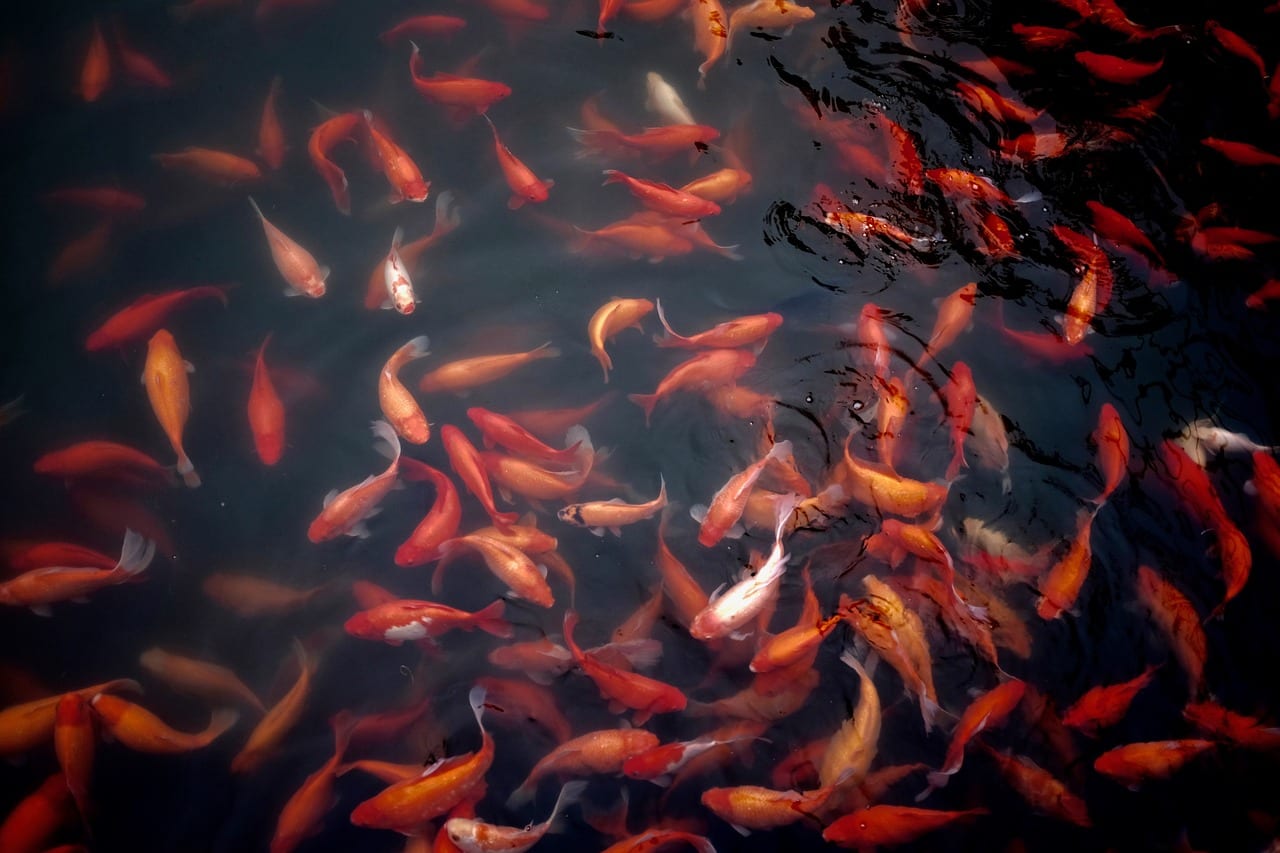
Photo Credit: Pixabay
So all you goldfish a-fish-ionados out there – time to get cracking!

